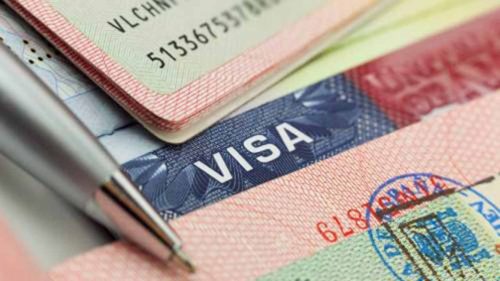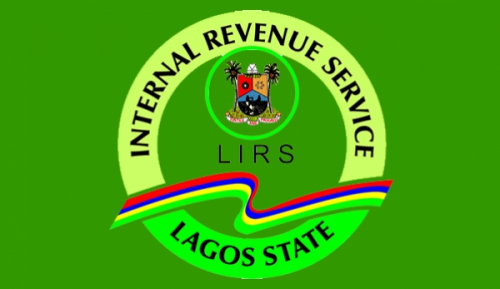A Picture That Brought a Thousand Worries!


Credit: KC Nwakalor
As I looked through Connected Development’s array of remarkable pictures that document the Organisation’s work, this picture instantly brought me a thousand worries. The picture of children, probably under 5, drawing water from a poorly constructed, widely gaping water-well. The thoughts that ran through my mind were; what if the children fell into the well? What if there was no adult in sight to help them out? What if they drowned?
Hard work made me billonaire at 25–Umahi
My mind kept racing with these thoughts as I also pondered if the water was clean enough to make these children risk their lives. Pictures like these portray the limited access to clean water supply many Nigerians face especially those living in rural communities.
Although Nigeria has made great progress in the provision of clean water for its citizens, 59 million people in Nigeria still do not have access to clean drinking water (according to WaterAid). The issue of Open-defecation is still an epidemic in Nigeria. Over two-third of the country’s population suffer from poor hygiene and live without access to necessary sewage and sanitation facilities.And without proper sanitation facilities, people have no choice than to defecate in open and unsafe places, attracting unwanted health hazards and safety problems, especially for women and children. This has contributed to high morbidity rates, especially among children under five. Using dirty and contaminated water increases the likelihood of contracting water borne diseases which leads to thousands of deaths yearly, disproportionately affecting women and children.
The achievement of the Sustainable Development Goal 6 on Water Sanitation and Hygiene (WASH) still appears unreachable given the SDGs 2030 timeline. According to UNICEF, 70% of diarrhoeal and enteric disease burden can be traced to poor access to adequate water, sanitation and hygiene (WASH) and this affects the poorest children the most.
The appalling provision of many basic amenities, the inadequate provision of clean water facilities in Nigeria can be traced to poor governance, corruption and poor accountability and transparency. Funds dedicated for the provision of basic social amenities like clean drinking water are often siphoned by public officials for their own personal enrichment, pushing millions of Nigerian’s especially women and children into extreme poverty.
In an effort to contribute its bit to empower marginalised communities to build their capacity to hold government accountable for the provision of social services meant for their communities, Connected Development (CODE) has tracked many projects in WASH and accelerated the provision of water services to far-to-reach communities. In 2018, CODE through Follow The Money, tracked funding for the construction of a solar mechanized borehole at GaniTsuru, Warawa LGA, a village with a population of 7300, in Kano State, to accelerate the implementation and provision of water to the village. Through various advocacy moves (Town Hall Meetings, Online & Offline advocacy), 2 boreholes were dug and the community now has 2 solar powered boreholes and one hand pumped borehole.
CODE is also working with WaterAid Nigeria to hold Political Office holders
accountable for their
promise of providing clean water and clean toilets in their
constituencies.
Water is an essential necessity of life; as a matter of fact, water is a matter of life and death. Every Nigerian child deserves safe water and adequate sanitation in School, every healthcare centre deserves WASH facilities especially in relation to maternal and new-born health (MNH), every Nigerian household deserves clean drinking water and a basic toilet and, every community deserves to be open defecation free.
This is a time to take greater action. I therefore call on the Nigerian government and relevant stakeholders to accelerate efforts to improve access to WASH facilities across communities in Nigeria by adopting innovative and sustainable global best practices and institutionalising inclusive WASH policies.
This article was co-written by SaaterIkpaahindi










